Whether they’re archaic, colloquial or just plain weird, British dialects provide a plethora of little-known and rarely-used countryside words. Here we take a look at some of our recent favourites.
Chavish (1674)
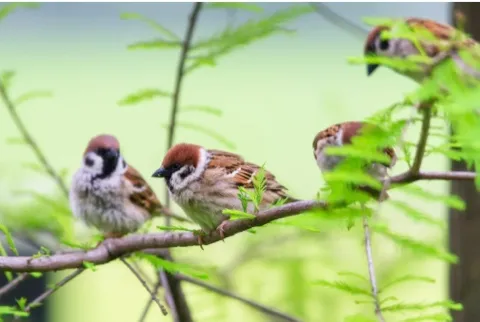
This is a term used to describe the sound of many birds chirping and calling together, or people chatting at once.
Cigling (1693)
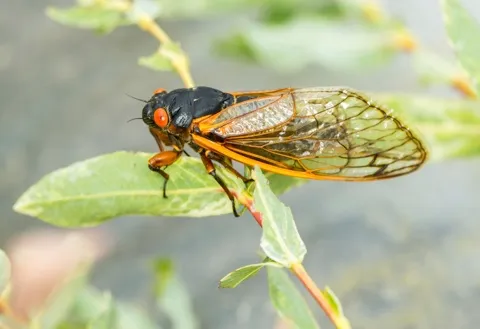
Cigling is the word given to the chirping of cicadas, although how that came to be is puzzling as the sound is barely audible to human ears.
This is a word that has become all too rarely used in this country, with numbers of cicada critically low - possibly at zero.
Cochel (Sussex dialect)
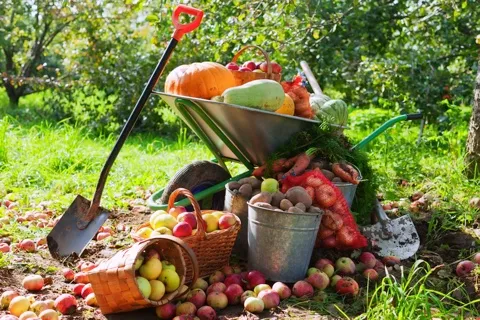
A gardening term, a cochel is a unit of measurement, although not a particularly precise one. It refers to an unspecified amount – probably of earth or plants – that is too much to carry in a wheelbarrow, but not enough to haul about on a cart.
Cut a voluntary (Hunting phrase)
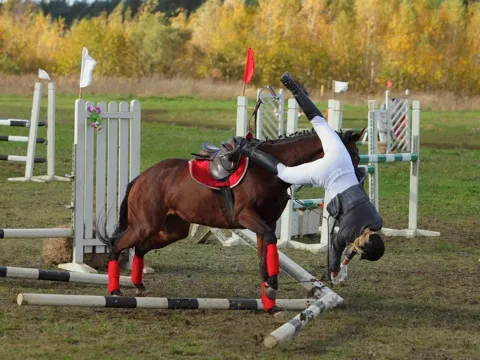
It’s a phrase that sounds like it’s come straight out of a Guy Ritchie film, but its real use is not quite as threatening as it may first seem. To “cut a voluntary” is to fall off one’s horse while hunting.
Delve
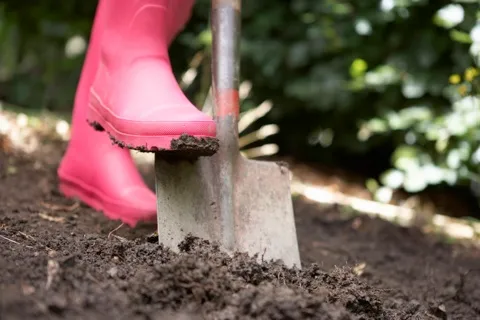
A double word score here: To delve is to dig two spade’s depths into the earth. A spade’s depth is a “graff”.
Dot and go one (1811)

This odd-sounding phrase sounds like it belongs in a convoluted board game, but it actually means to waddle and was often said of people with one leg shorter than the other.
Egger-nogger (Sussex dialect)
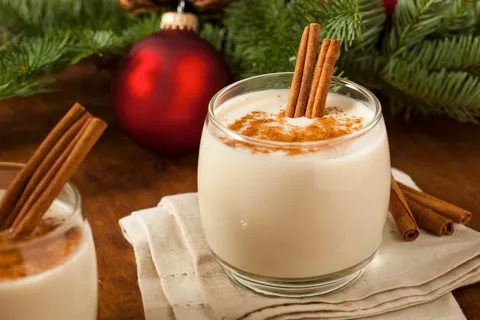
Across the Atlantic, eggnog is a traditional Christmas drink made from milk or cream, sugar and whipped eggs.
Over here, Egger-nogger is an old phrase from the Sussex dialect used to describe sleet. It’s unproven whether or not the two words are related.
Feague (UK slang 1811)
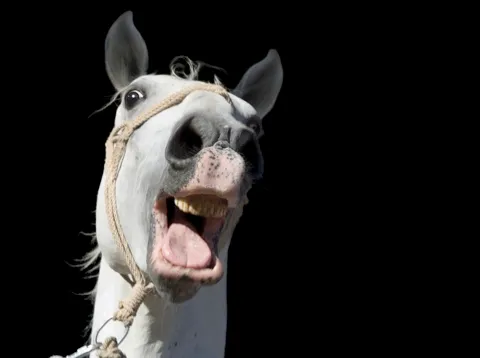
Somewhat bizarre to think that this was so common a thing that it required a word but, to feague a horse is to insert ginger, or even in some cases a live eel, up its fundament to make it lively!
Hoolie-gool-oo-oo (Banffshire dialect, 1876)
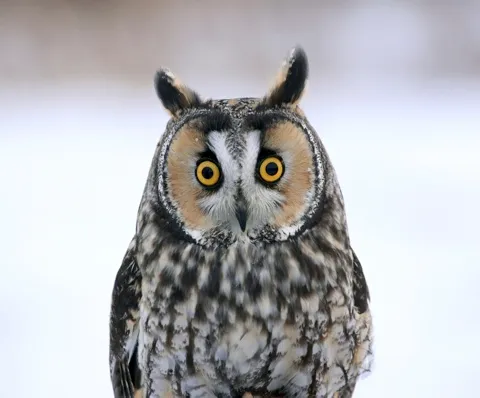
We haven’t made this one up, honestly! This word refers to the cry or hoot of an owl. Evidently the owls of north eastern Scotland are a bit more flamboyant than their plain old twit-twoo-ing English cousins.
Osterger (1400)
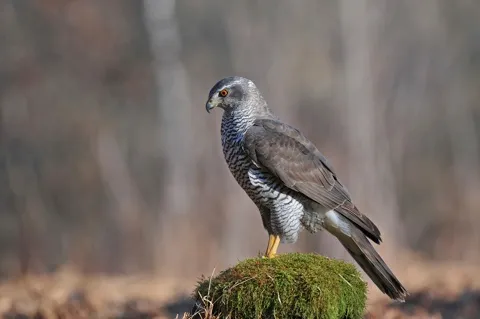
It may sound like ruthless a Game of Thrones character, but an osterger is simply a keeper of goshawks.
Ruth, ruth (Hiberno-English)
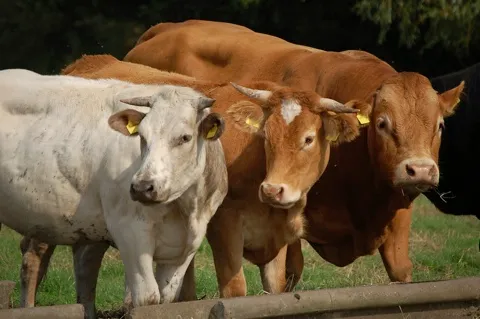
Spoken in Ireland, this Hiberno-English phrase gives a whole new meaning to this familiar nice name.
In Hebrew, Ruth means companion, friend, or vision of beauty; a lovely image to conjure when calling across the playground or street to catch her attention.
In Hiberno-English however, the call of “ruth ruth” is an encouragement for a bull to service a cow. Sorry to any Ruths reading!
Snotergob (1790 Bedfordshire and Surrey dialects)
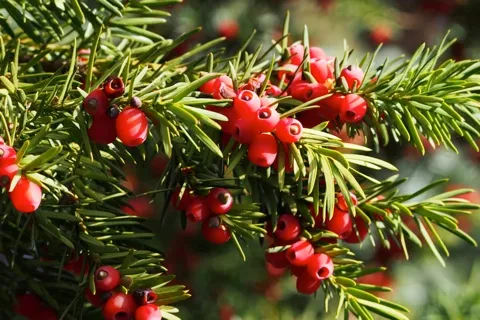
It sounds like somebody with an absolutely horrendous cold, but the word snotergob actually refers to the fruit of the yew tree. Charming. Although if you’ve ever seen a greenfinch tearing one of the berries apart, it might suggest how it got the name.
Trizzling (Devon dialect)
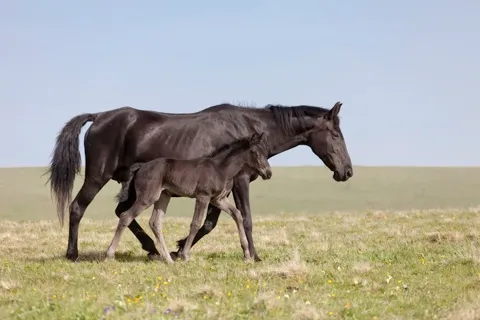
This rather satisfying word is a pleasure to say and refers to the slow, lazy trot of horses. We think it works splendidly.
Although we are still a bit worried that trizzling might lead to a spot of feague-ing. Giddy-up!
Turdoid (1823)
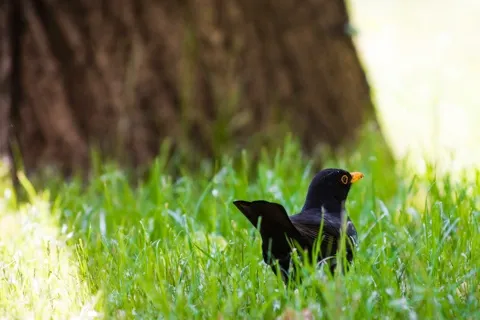
No, it’s nothing to do with that. A turdoid is a bird akin to a thrush.
Wemble (Lincolnshire dialect)
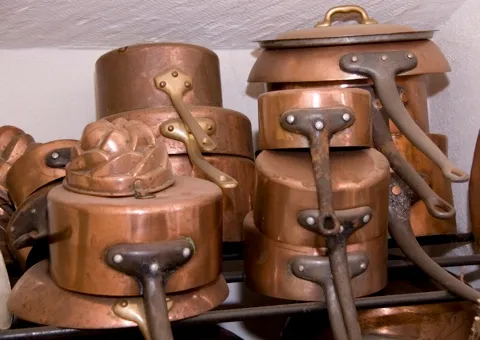
Lincolnshire folk are cleanly. So much so that they have word for word for inverting a basin or saucepan on a shelf so that dust does not settle on the inside.
Since the invention of cupboards this word has fallen out of use somewhat, but to this day Lincolnshire natives may still “wemble” their pots and pans, even when stored inside kitchen cabinets.